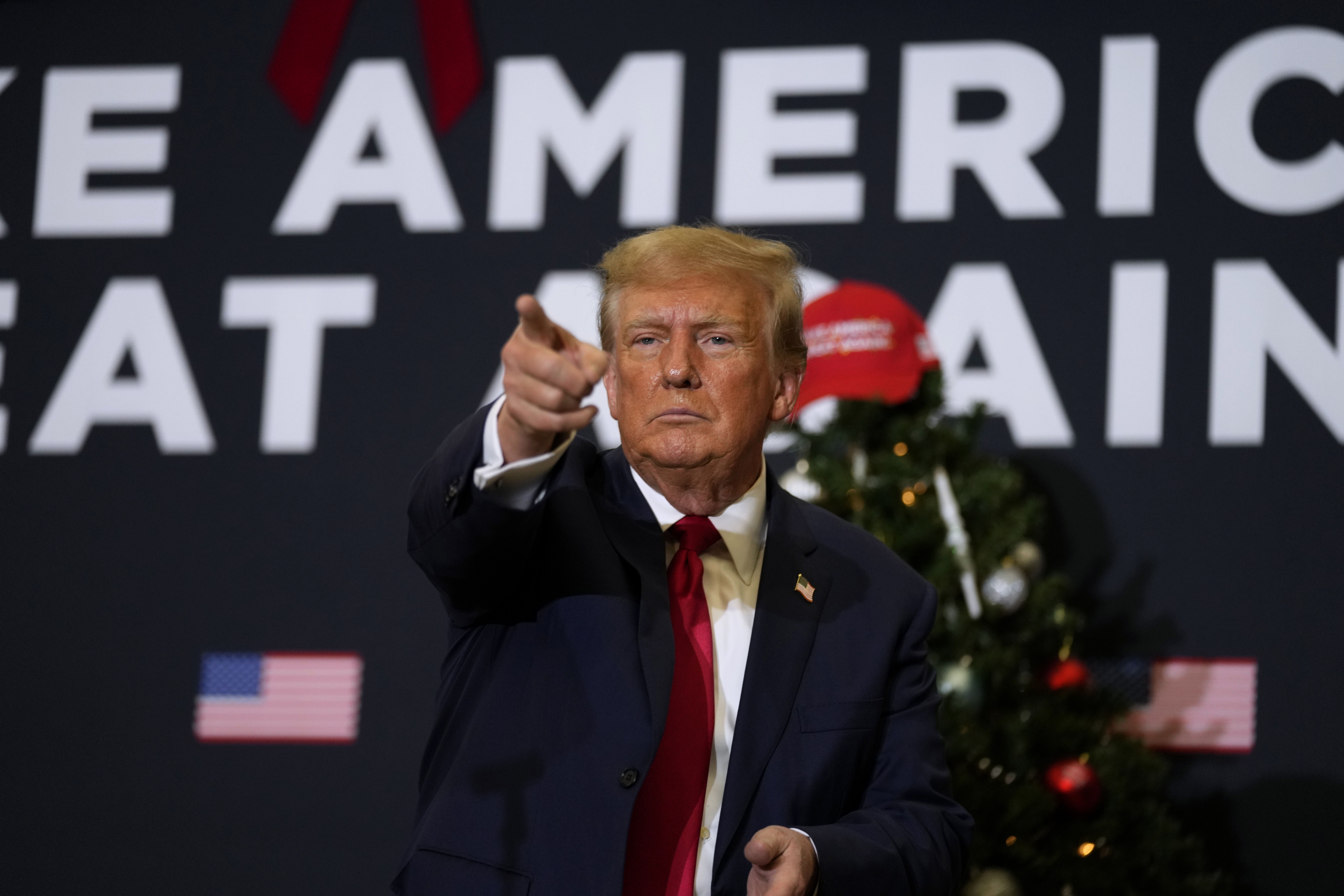
A newly unearthed recording of Donald Trump and Ronna McDaniel pressuring two county officials in Michigan not to certify the 2020 election could be the very definition of shocking but not surprising news.
On one hand, the fact that Trump and McDaniel called Monica Palmer and William Hartmann, the two GOP canvassers in Wayne County, has been known for some time and is included in the House Jan. 6 committee’s report.
Furthermore, Americans have already heard audio of Trump pressuring elections officials in another jurisdiction, and those efforts are already a core part of Jack Smith’s election subversion case in Washington.
But several prominent lawyers say the Nov. 17, 2020, phone call — revealed in detail Thursday by the Detroit News — presents new and significant legal peril to the former president and current GOP frontrunner, even if the political ramifications are already baked in to the 2024 presidential race.
Andrew Weissmann, a former DOJ prosecutor, suggested on X last night that the recording could open the door to a federal bribery charge: “Trump and Ronna McDaniel — Offering a thing of value to a public official to violate oath of office = a crime.”
Others see new fuel to power Smith’s election subversion case as well as something that Georgia prosecutors might use to bolster their own case against Trump.
Smith’s August indictment includes more than two pages of narrative about Trump’s machinations in Michigan. But the events of Nov. 17 are not included in the litany of facts therein.
It may be that what Smith knew about the November call was too ambiguous to use as evidence. Palmer has described the call far more innocently than the new tapes reveal. As the Detroit News points out, Palmer previously characterized the call as, "Thank you for your service. I’m glad you're safe. Have a good night.”
The tape — in which Trump tells the canvassers to “fight for our country” and McDaniel promises legal assistance — instead tells a more sinister story, said former federal judge J. Michael Luttig.
“This new evidence is of a piece with, and bolsters, the considerable other similar evidence of the former president’s interference in the 2020 presidential election that both Jack Smith and Fani Willis have assembled,” he said, referring to the state prosecutor who has charged Trump and associates in Fulton County, Georgia. “The president was not acting in furtherance of his duty to take care that the laws be faithfully executed when he attempted to interfere in the presidential election in Michigan and elsewhere."
Ty Cobb, who once served as Trump’s lawyer and whose views on the 14th Amendment the Trump campaign has recently highlighted, said he saw the recordings as “likely a violation” of the federal honest services fraud statute.
“Also, shows the depths to which Trump personally participated in fraudulently pimping the 'Big Lie,'” Cobb said. “McDaniel is equally exposed. Clearly, evidence going to the core conspiracies charged by the special prosecutor.”
He added that Smith might already have so much evidence that he doesn’t need the Michigan call to bolster his case.
“Often,” he pointed out, “the narrative is pared down to the most persuasive evidence desired by the prosecutor and not all evidence is utilized in order to present the strongest case and avoid distracting tangents.”
However, Michigan officials have been pursuing their own investigations, and Cobb noted it “could be separately charged” in the state, the same way Trump’s actions in Georgia are both part of the larger federal case and Willis’ case in Georgia.
But for every seemingly damning piece of evidence in a criminal case, there’s a defense attorney who can explain it away.
Timothy Parlatore, who previously served on the former president’s criminal defense team, said he wasn’t impressed with what has been reported about the new tapes.
“Seems selective,” he said. “I’d like to hear the entire tape. Much like the Georgia call, an individual sentence without context can seem misleadingly incriminating, but context matters. The promise to get them lawyers does seem like this was part of a legal process.”
He added, “Ronna’s comment makes sense. If they were asking for a pre-certification audit, I don’t see anything incriminating about that. Better to ensure accuracy pre-certification than to try to do it after the fact.”
Like this content? Sign up for POLITICO's Playbook newsletter.

 11 months ago
11 months ago








 English (US)
English (US)